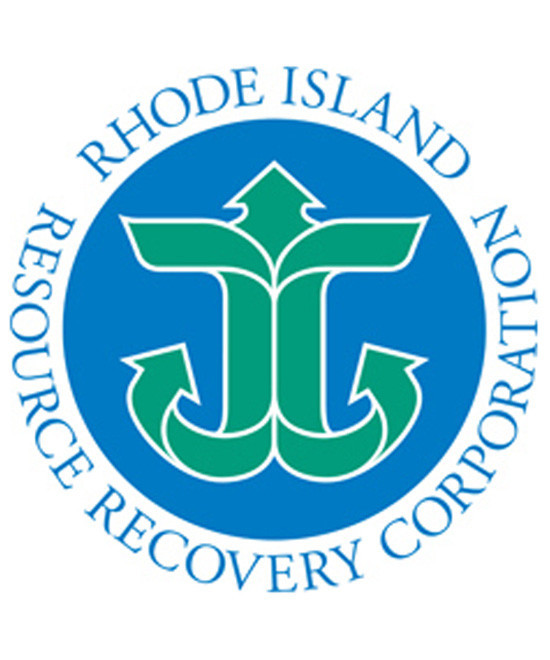
JOHNSTON – A campaign by the R.I. Resource Recovery Corp. to educate residents on how to recycle better and eliminate contamination in their recycling was launched Monday, ahead of Earth Day next week.
The RIRRC created a series of short videos, narrated by Krystal Noiseux, recycling program manager for RIRRC, in which she explains recycling rules, reviews any exceptions to those rules and provides tips for preparing recycling correctly.
The videos are available on RIRRC’s YouTube channel at www.youtube.com/rirrc, and a how-to sheet is available at www.recycletogetherri.org.
The campaign to educate consumers on better recycling habits was developed to stem the rising tide of contaminants over the past year.
“The campaign is designed to help all Rhode Islanders recycle better, especially those residents in urban municipalities, which experience higher rates of contamination,” a press release from the corporation stated.
Food waste, yard waste, bagged trash and dangerous materials including propane tanks, garden hoses, medical waste and dirty diapers are regularly delivered to the Materials Recycling Facility, and pose dangers to line workers and to the sorting equipment.
The facility had a fire in the baling machine which compresses recyclables into large cubes for shipping, on April 7. Corporation officials blamed the fire on a container that was most likely holding some amount of flammable liquid.
“Thankfully, the fire was quickly contained and no injuries occurred,” the release stated. “Unfortunately, this is an all-too-common event, which is readily avoidable.”
Municipal recycling loads are normally taken for free, but the RIRRC must reject loads that are too contaminated. Each rejected load costs the sending municipality $250 plus $32 per ton for landfilling. Municipalities receive a share of the profit earned each year from the sale of its recyclables and contamination jeopardizes these profits, costing both the municipality and taxpayers money, RIRRC said.
“This campaign to educate consumers on the way to recycle correctly not only enhances safety for our line workers, but also helps the bottom line for all Rhode Islanders,” Sarah Kite-Reeves, director of recycling services for RIRRC, said in a statement. “Better recycling habits at home means our workers get to go home safe and sound. Saving money on disposal costs is great too – it’s a win-win for everyone to recycle better.”











